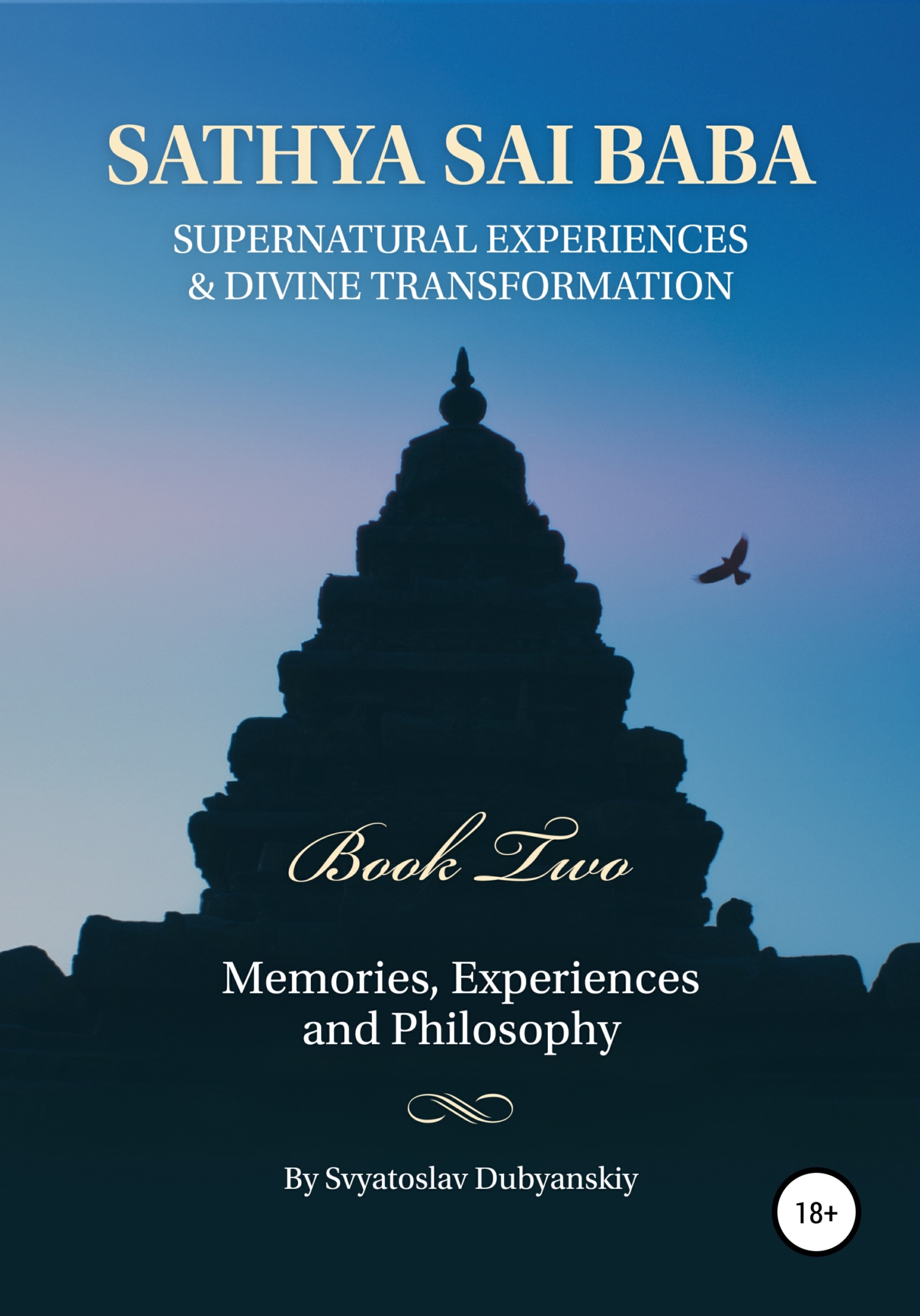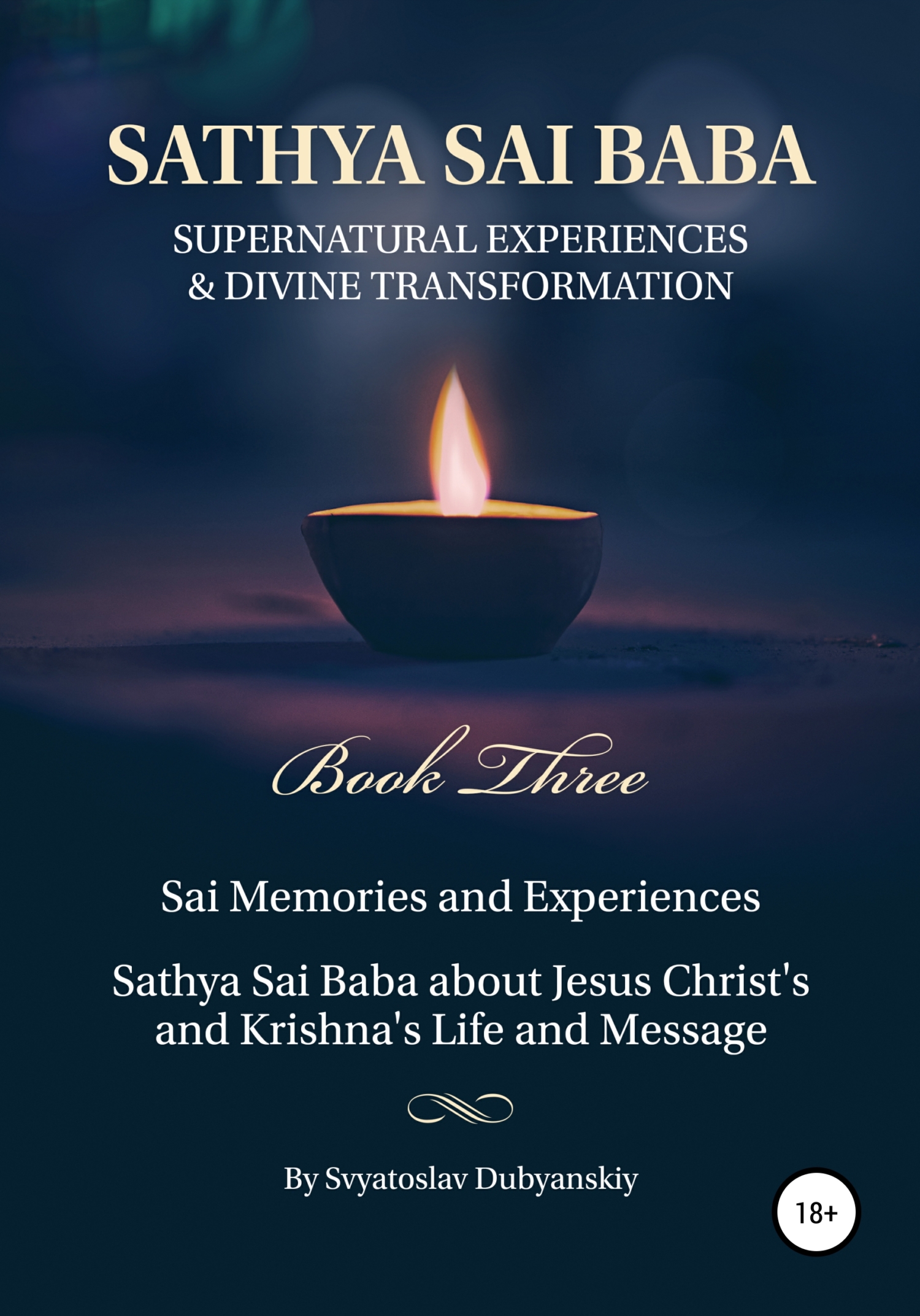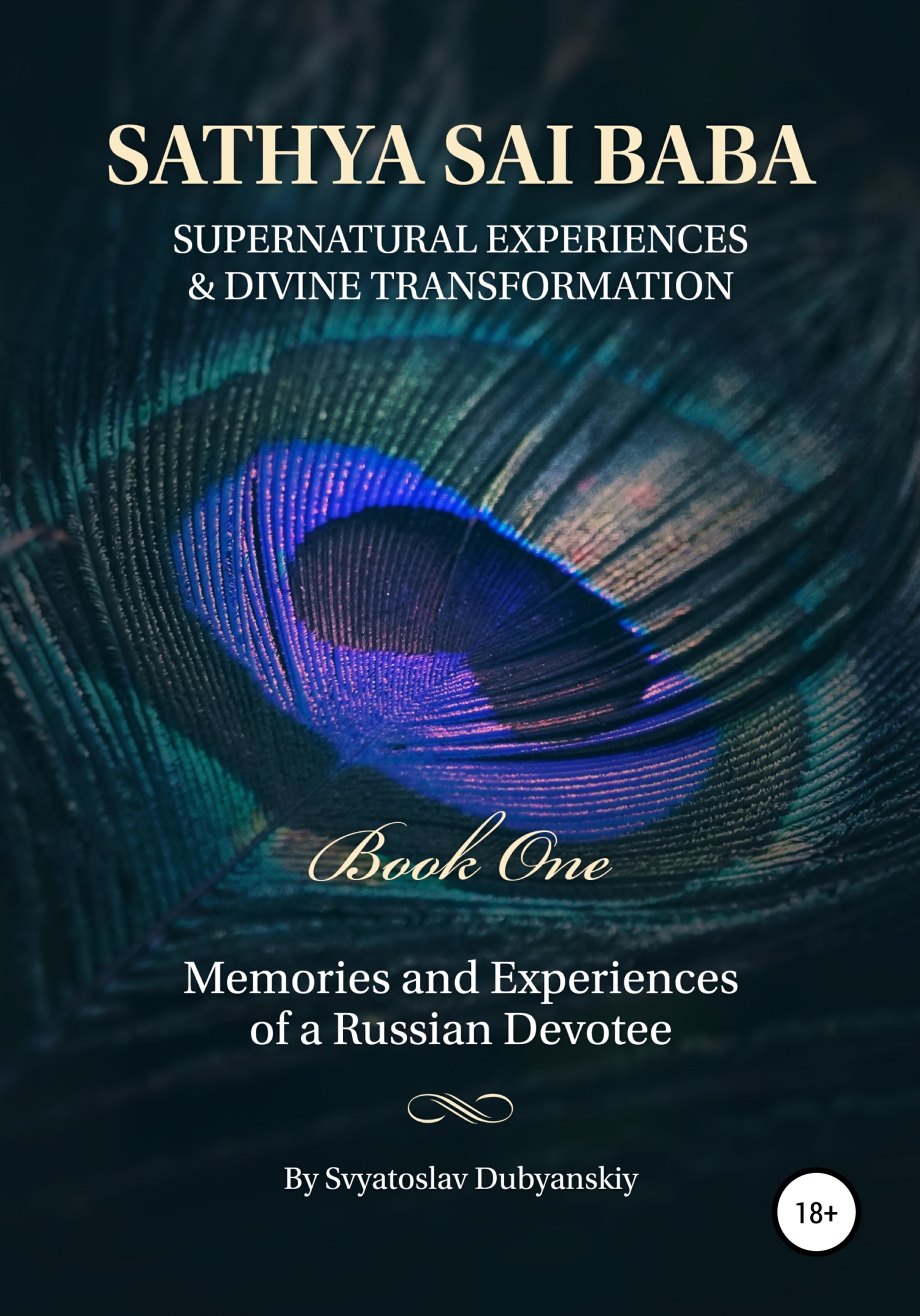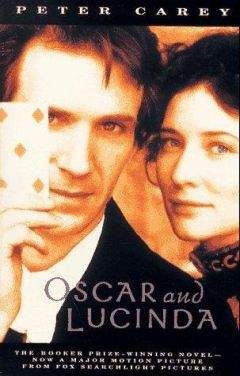platform while his assistants unloaded things and, although perplexed, remained with him. The reason for such strange behavior was that Messing felt the presence of a great divine teacher nearby and decided to look for him.
I tried to discover more information from some senior Sathya Sai Baba devotees, such as Subba Rao, Padananda, and Maheshwarananda, about how exactly this meeting took place between Messing and little Sathya Sai Baba, who was then around ten years old. There are different versions of exactly how this historic meeting eventuated. Different books describe different details, and the exact details are simply not known. It is only known that such a meeting took place.
The surprise of this event lies in the fact that at that time Sathya Sai Baba was about ten years old, and this meeting was several years before he proclaimed himself an Avatar, revealing to everyone around him the special spiritual mission of his incarnation. In those days, no one treated the Sai boy as special, he was just a simple village boy. Of course, the locals were very surprised when the famous soothsayer from distant Europe, upon seeing the Sai boy, proclaimed the famous words of prophecy: "He is a divine person!"
According to one version of the story, when the train pulled into Anantapur, Messing suddenly felt a powerful motivating energy which caused him to rush out of the carriage, demand a car, and drive in the direction of where his intuition was calling. He came to the village of Puttaparthi and drove to the very house where, the boy, Sathya Sai Baba lived.
According to another version, little Sathya Sai Baba was not far from the railway station that day and Messing, who got off the train, easily discovered the divine child. The details of the story are not so significant for me. The important thing is that Wolf Messing's precise intuitive feeling and his clairvoyance led him to the young Sathya Sai Baba. Messing is acknowledged as being the first person to understand the divine nature of Sathya Sai Baba, and to prophesy who he is.
As was, during the life of Sathya Sai Baba, so now, disputes about who Sathya Sai Baba was, and remains to be, do not subside. There are many opinions. Some consider him the greatest divine incarnation and teacher of humanity, and some consider him a cunning deceiver. There can be no absolute and exact proof of who Sathya Sai Baba is, All evidence given by man is in the realm of logic, and yet, it’s common knowledge that divine incarnation is outside all logical reasoning.
In the Vedic texts and throughout biblical scriptures, there are many descriptions of the qualities of the Avatar and the Messiah: i.e., divine incarnation. All of them are quite naive and have little to do with life, because all attempts to rationally define the Avatar or the Messiah are products of ignorant human ideas about what the Avatar or Messiah should be like. But the peculiarity of the unstable and insidious mind is that for any argument there is always a counterargument.
When Jesus Christ came to earth, many high priests quite sincerely expected the Messiah, but they could not recognize him because they relied upon their interpretations of the many predictions and signs as described in earlier prophetic texts. The chief priests expected the Messiah to come according to their own ideas of what he should be like.
The problem was that Jesus was the way he was, and not the way the high priests wanted him to be. Those who tried to understand Jesus failed to do so, intellectually. Despite the fact priests sincerely expected the Messiah, they did not accept him once he appeared, and consequently, they’re still waiting for the first coming. Only those people who had an open heart could feel and understand his divine energy and accepted him as the Good Shepherd.
Similar stories happened in the life of the Buddha. In the time of the Buddha, there were many highly educated philosophers who could not understand and accept the Buddha and arrogantly considered him a charlatan. The same fate was with Krishna. Now, after several millennia, it is easy enough to say that Krishna is the divine teacher of mankind, but during his lifetime there were quite a few philosophers and scholars of the Vedic texts who denied him.
3. You are perfect from the beginning, for God created you in his image and likeness
God is love. Love can only be felt through love. One who is in love can find oneness with the Divine.
(Sathya Sai Baba – "Collection of lectures", 1991)
Love is the greatest treasure in the world. God is the True Self of every person, which is why to love God means to love your Higher Self. Love begins with love for oneself, which is the divinity that lies dormant in the Spiritual Heart of each person. Self-love has nothing to do with selfishness.
True love for yourself lies in the awareness of your infinite creative potential. How can you love God if most of the time people don't even know how to accept themselves? How can you love your neighbor if you do not understand how to accept and love yourself?
To love God means to see God in every person. You look into the eyes of the person right in front of you and see in them the light of the True Self, which is also your True Self. I was incredibly lucky in the ‘90s to meet Mother Teresa at the Delhi airport as she walked through the huge airport building blessing everyone in her path. I watched her actions with awe, feeling the amazing divine love emanating from Mother Teresa. I also approached her in order to receive a blessing.
The divine vibrations of Mother Teresa at that moment gave rise to amazing realizations in me. Thoughts and images flowed through my mind. An inner voice spoke to me.
You contemplate the True Self, which means you contemplate God. You trust your intuition, which means you





